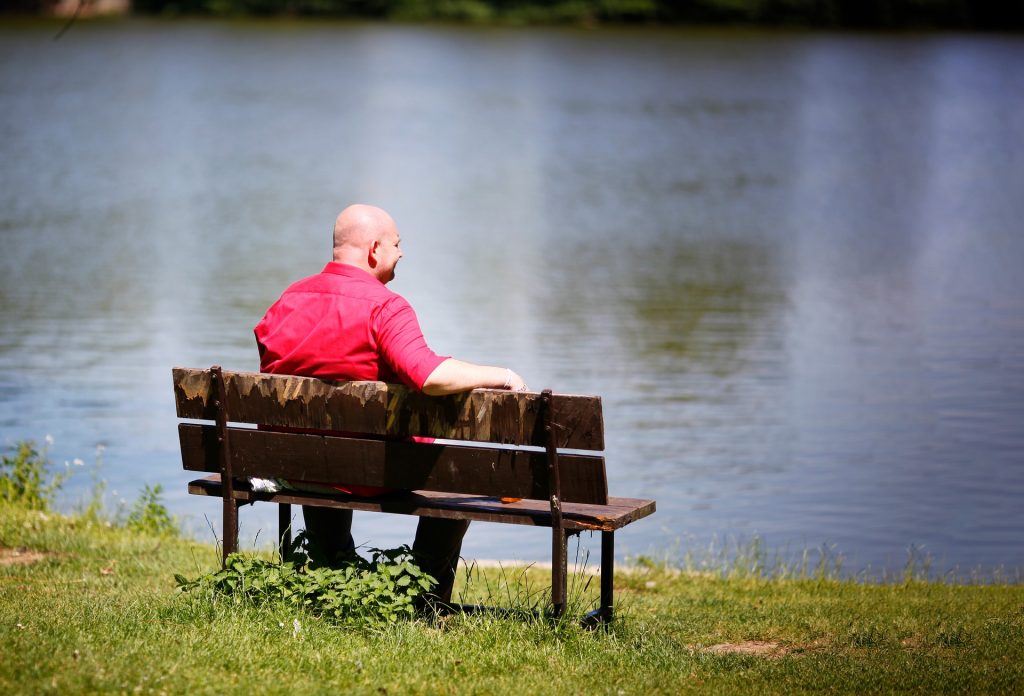Ćorić was speaking at a round table on non-working Sundays, held at the Croatian Catholic University. Participants agreed that a non-working Sunday was a “civilizational issue” that should be regulated by law, adding that it would not affect retail shops’ sales, while some called for a further reduction of the 16 working Sundays annually as proposed by the government.
Ćorić said that the government would develop a new legal framework to regulate Sunday work in dialogue with the Church, universities, trade unions, and employers, making it a day for workers, their families, and friends.
Croatia is part of the western civilization, fostering the Christian tradition of keeping Sundays free of work, and these principles are embedded in European social values and constitute the social teaching of the Catholic Church, he said.
Ćorić said that people have the need and right to work, but they are increasingly becoming slaves to work. He cited the results of a survey showing that more than half of the respondents think that working on Sundays is a dysfunctional social phenomenon, while as many as two-thirds prefer jobs with non-working Sundays at the expense of lower pay.
This indicates that we are still a society that appreciates humane values, care for people and their families and that it has given the government the mandate to protect human dignity and social justice, the minister said.
MP Marijana Petir rejected claims by retail chains that their turnover is highest on Sundays and that they will make losses. Citing data from the Tax Authority, she said that the highest retail sales are generated on Fridays and that retail chains see the highest turnover on Saturdays.
Many studies have confirmed that Sunday work adversely affects workers’ health, causing emotional exhaustion and continued stress, Petir said. As a minor exception, she said that farmers should be allowed to sell their products at markets and fairs on Sundays.
The chairman of the supervisory board of the KTC family-owned supermarket chain, Ivica Katavić, said that family shops should not be open on Sundays either, not even in the tourism sector. In 2018, his company decided not to work on holidays so that people can be with their families, and last year it decided to stay closed on Sundays. There were fears of what would happen with their revenues, but it turned out that their revenues were four percent higher in 2020 than in 2019.
The leader of the Croatian Independent Trade Unions, Krešimir Sever, noted that Switzerland, whose tourism revenue is three times as high as Croatia’s, closes its shops at weekends.
For more, follow our lifestyle section.









